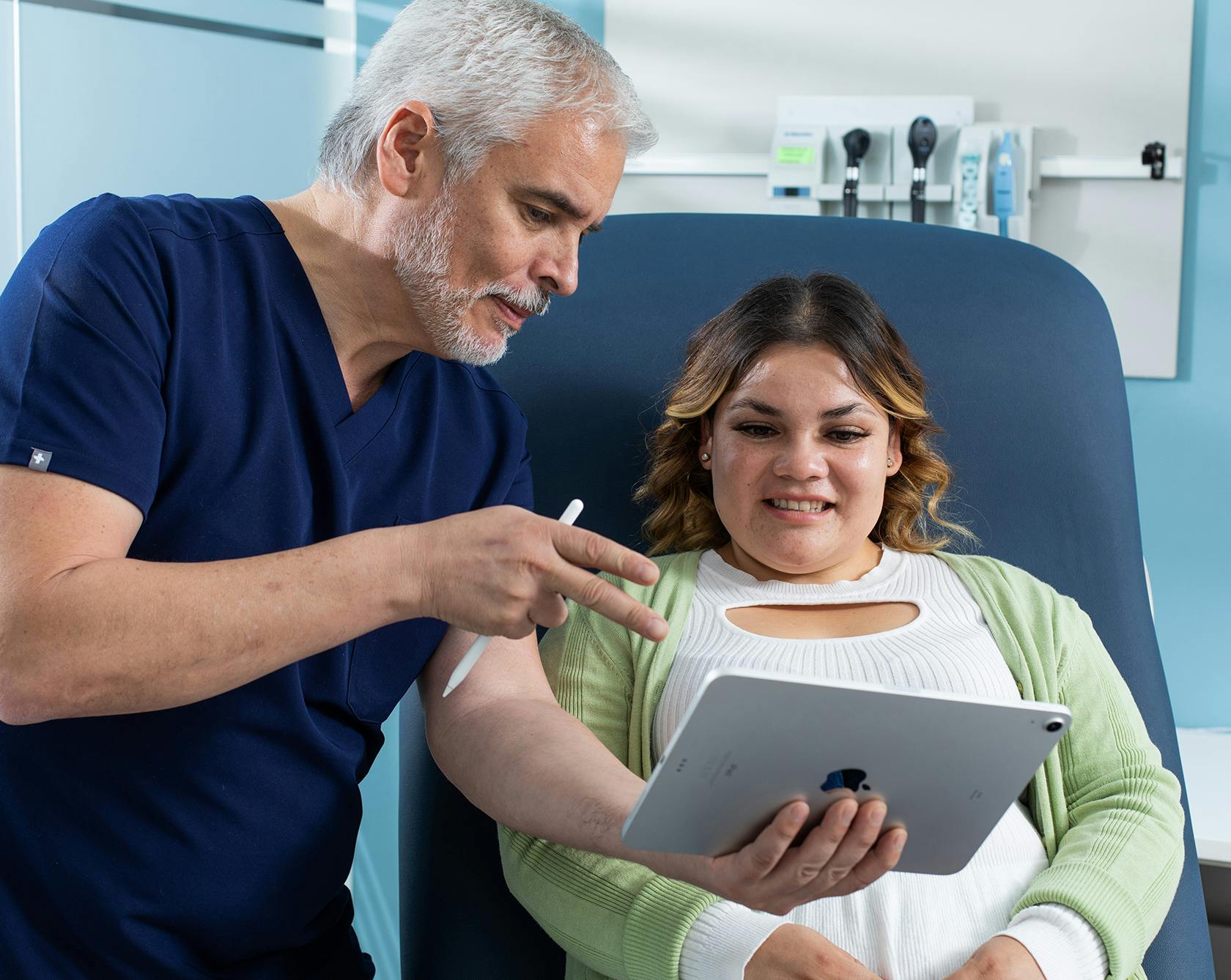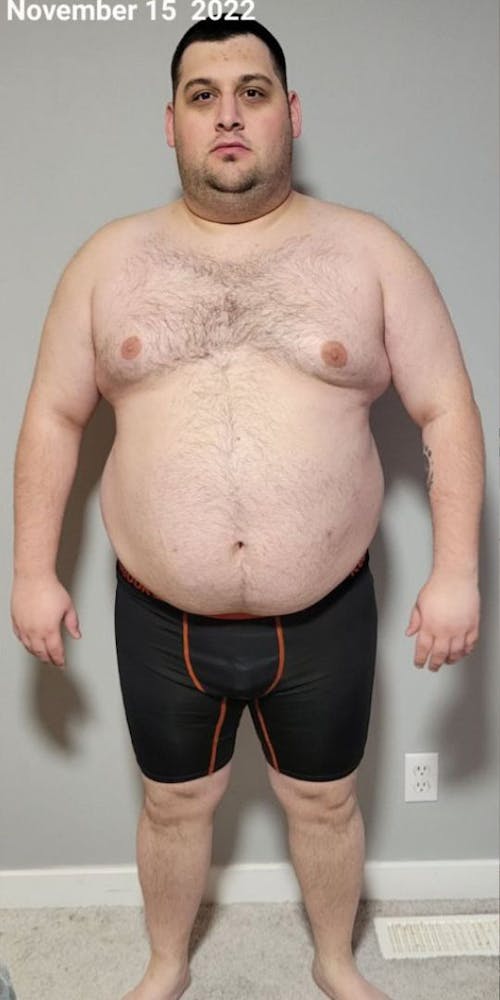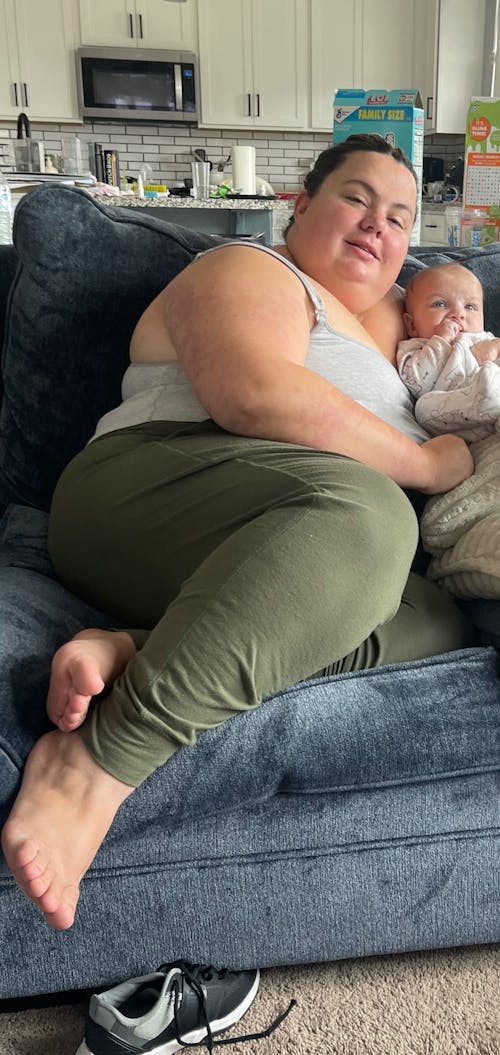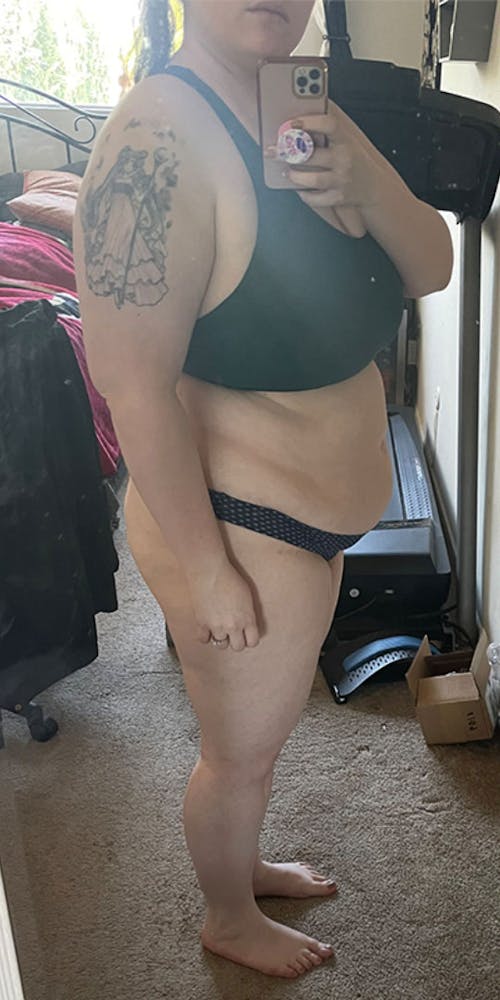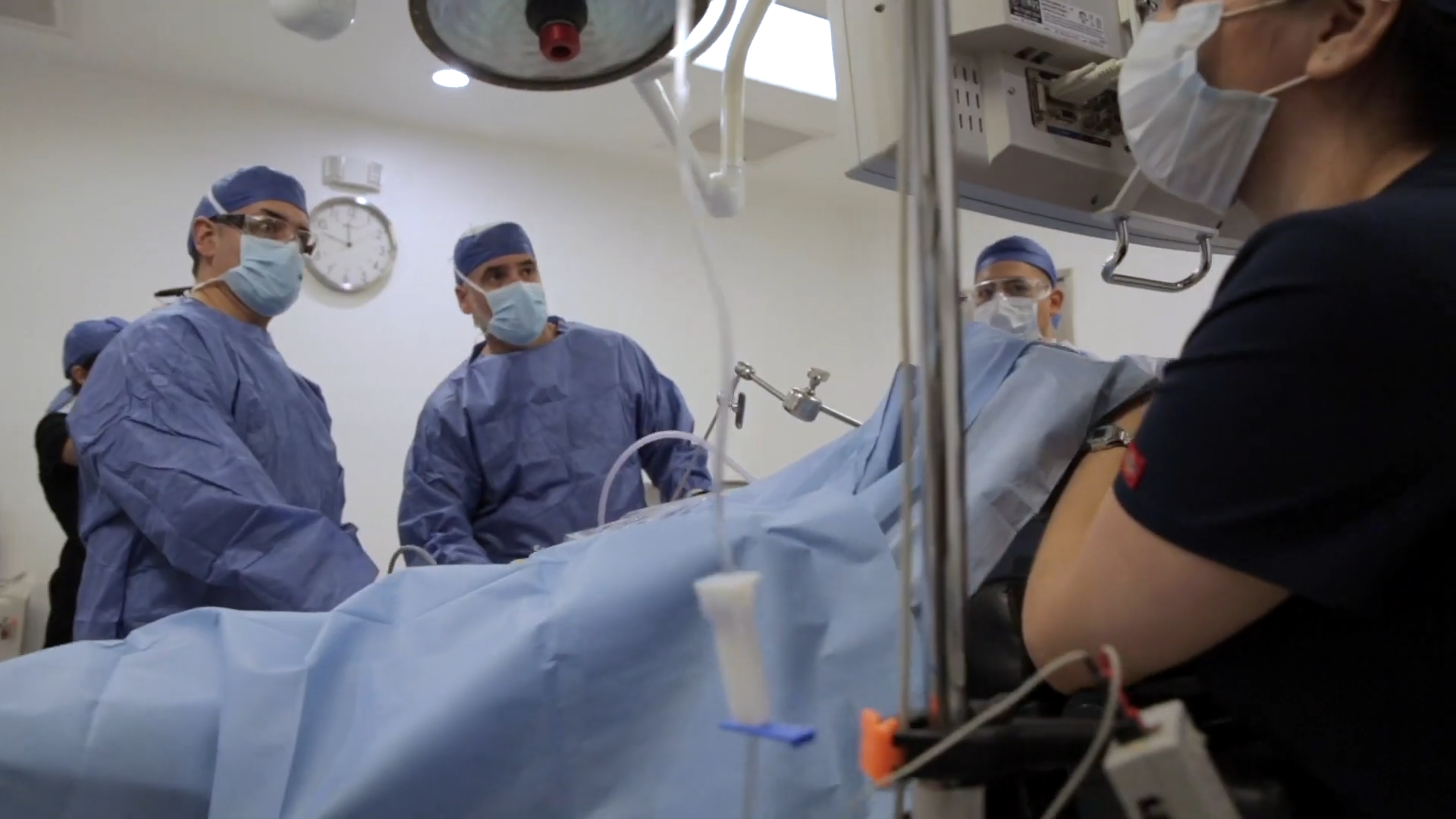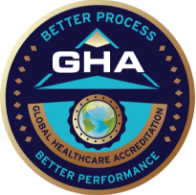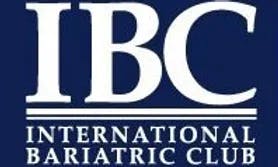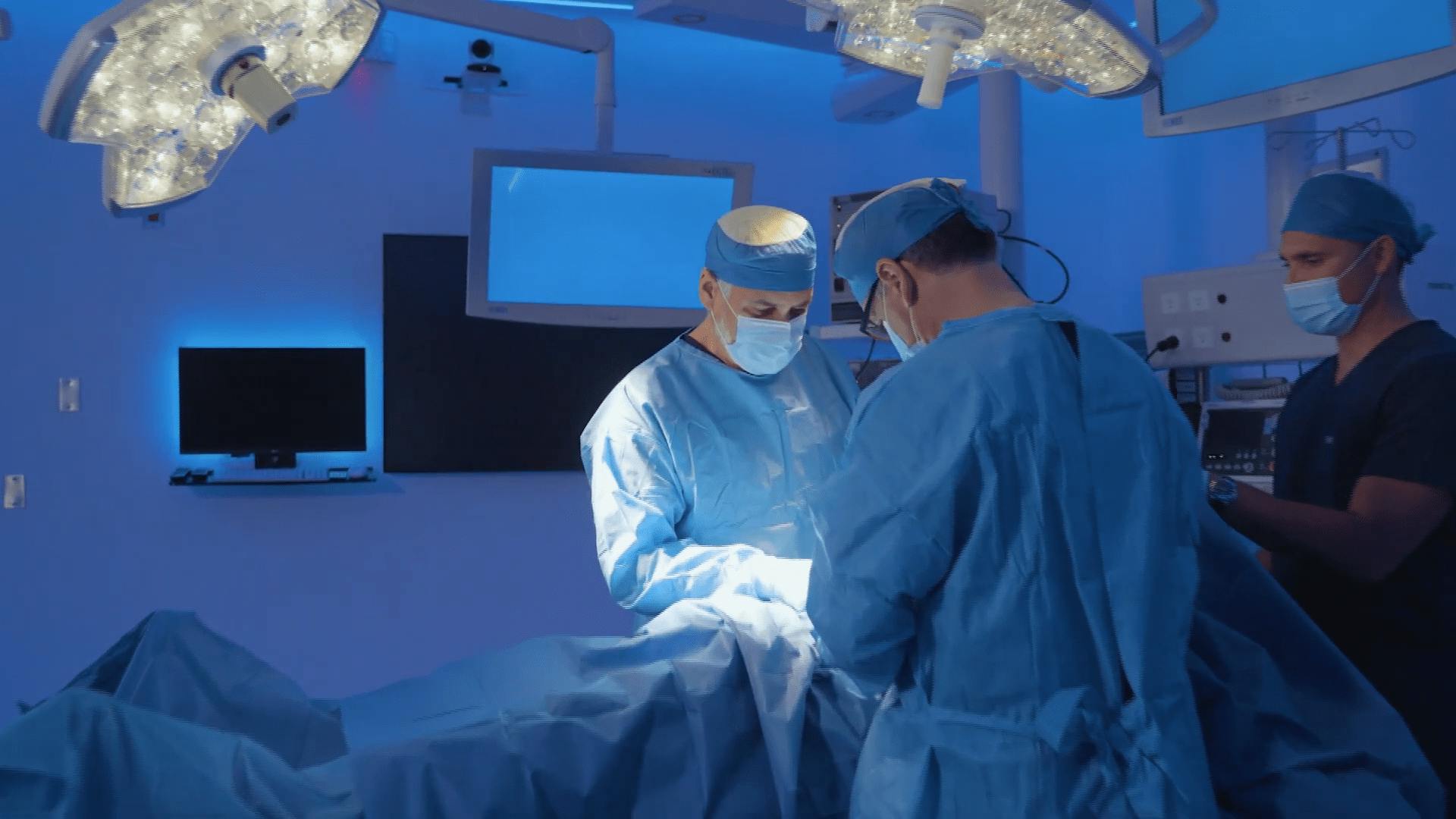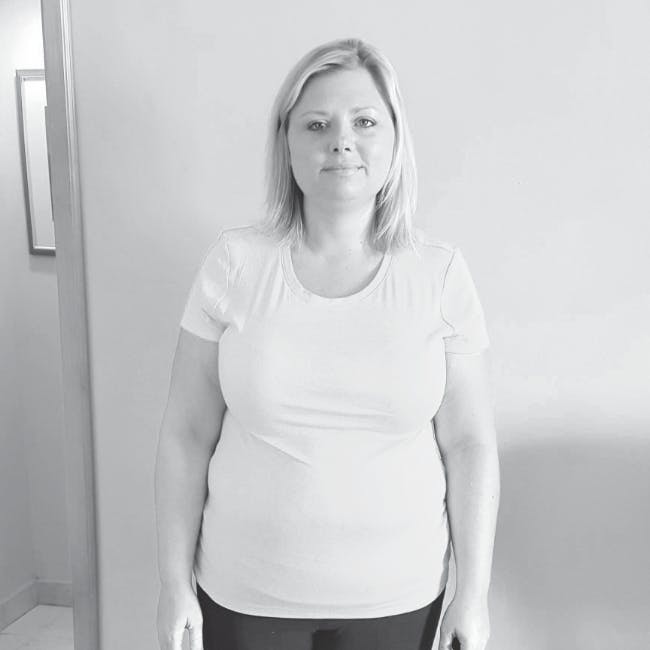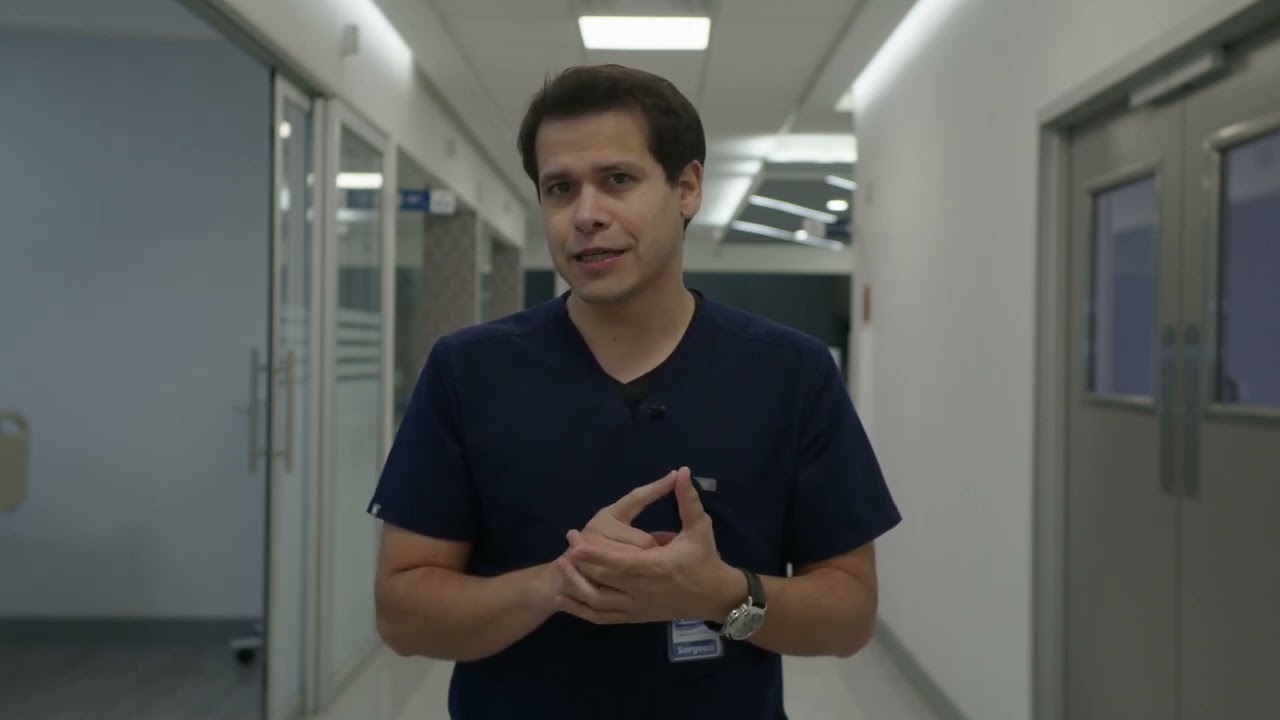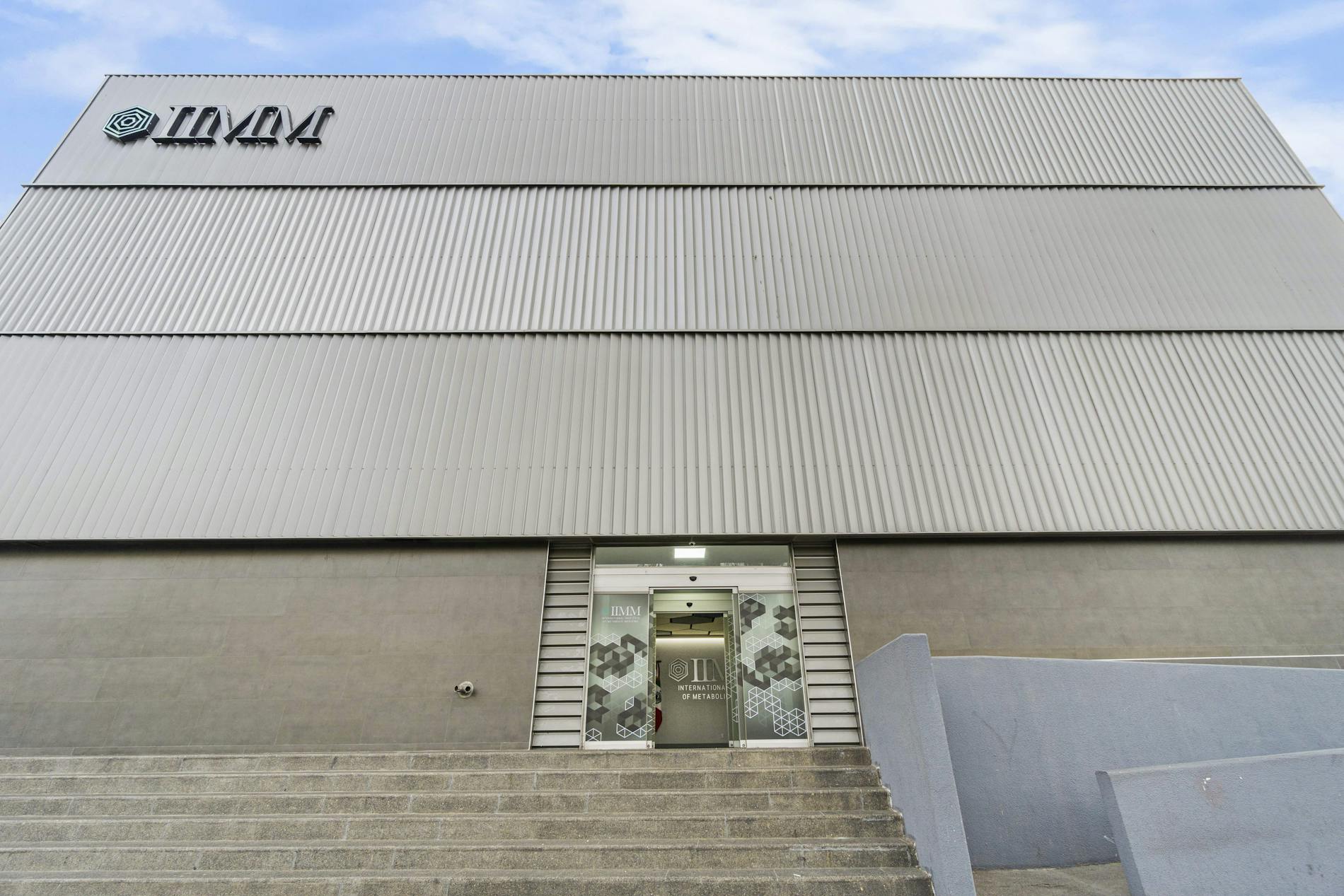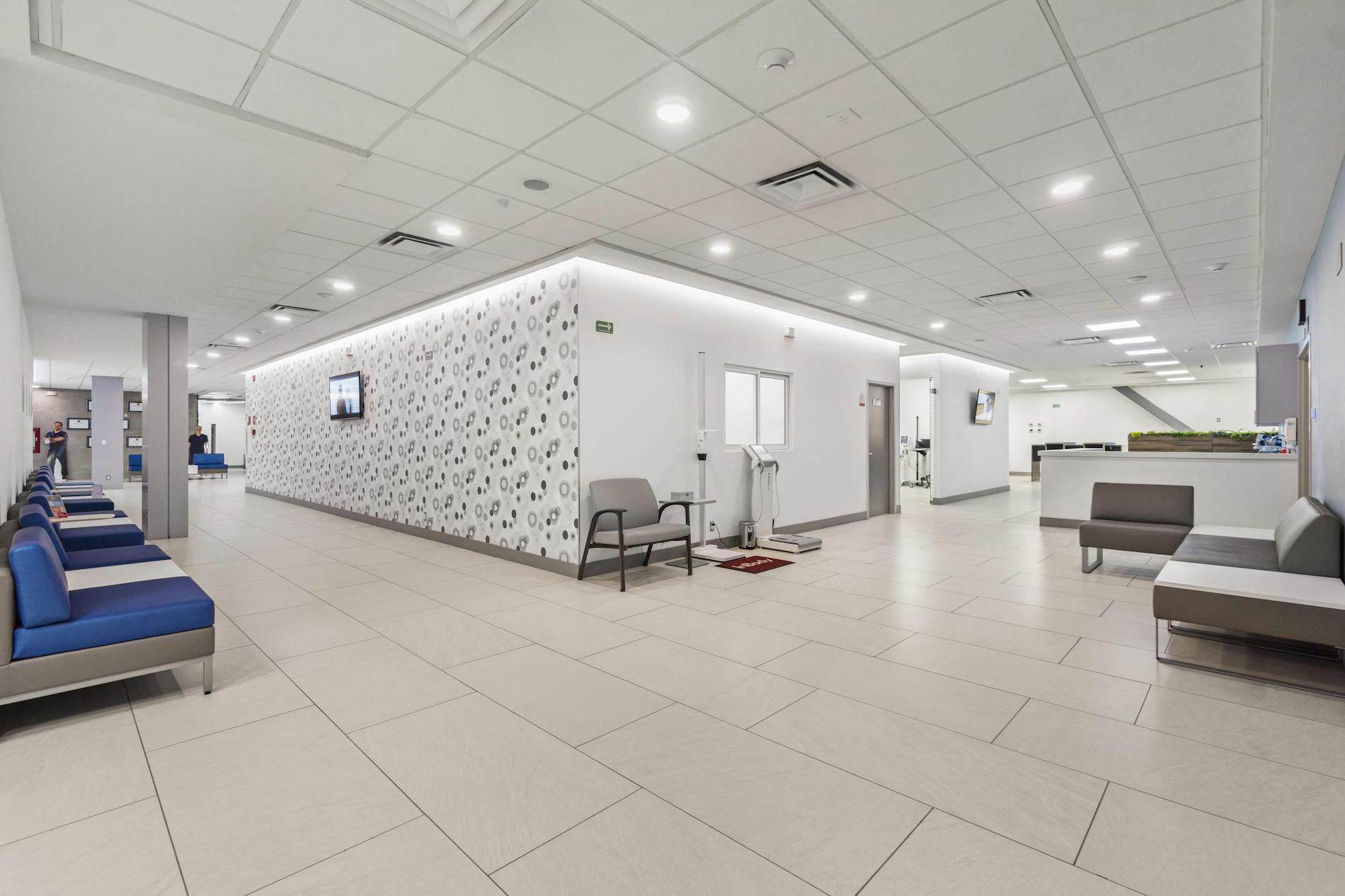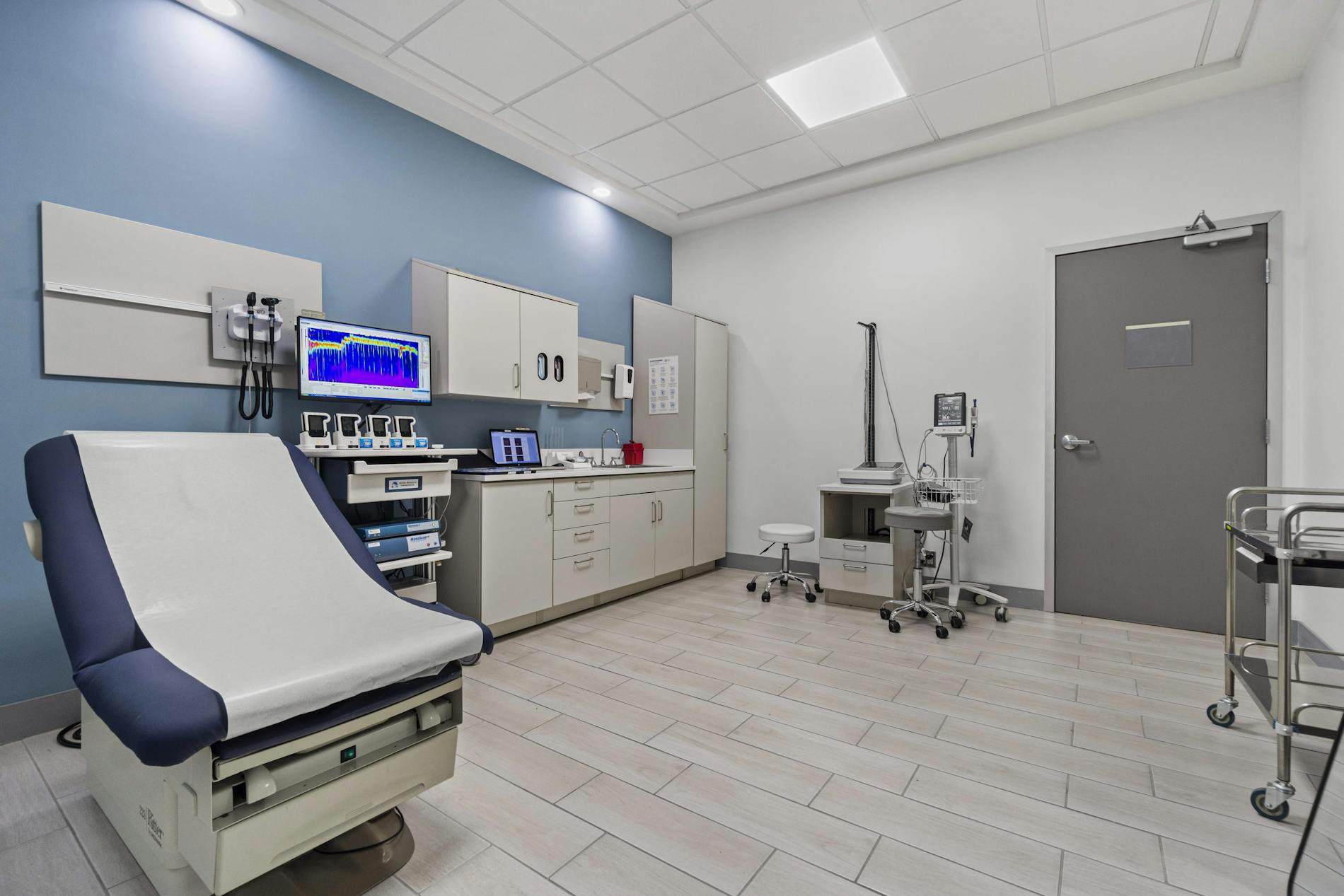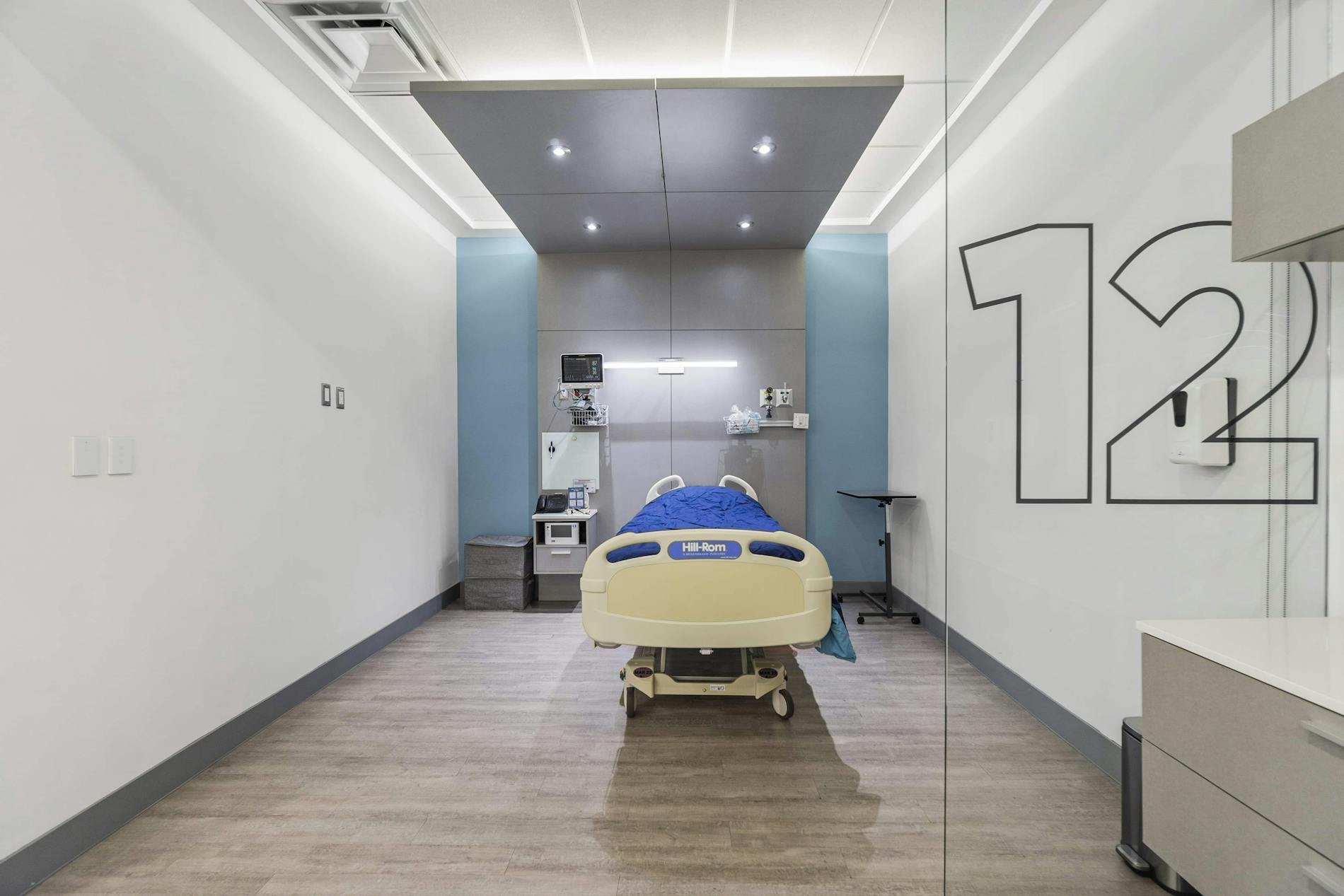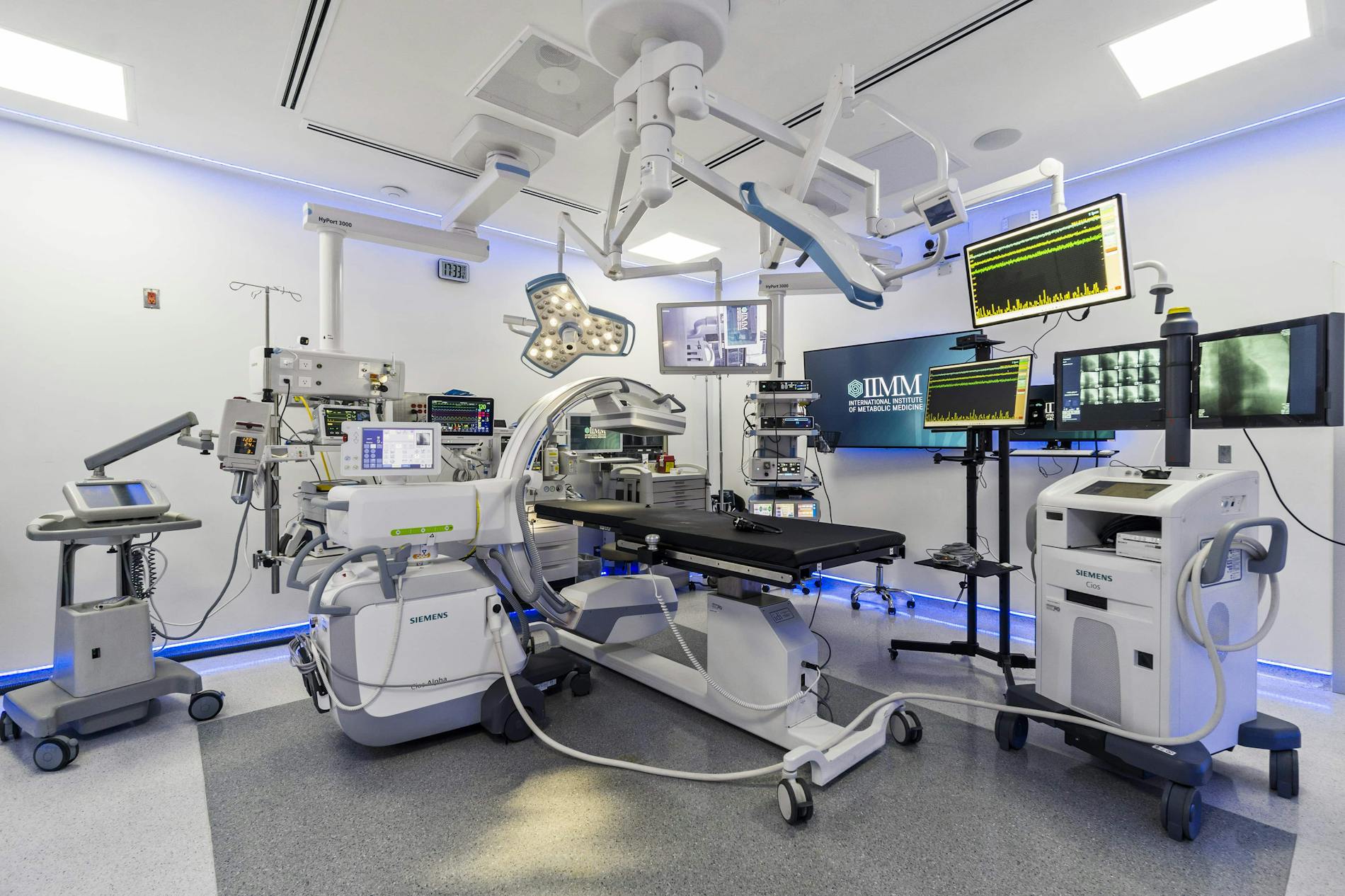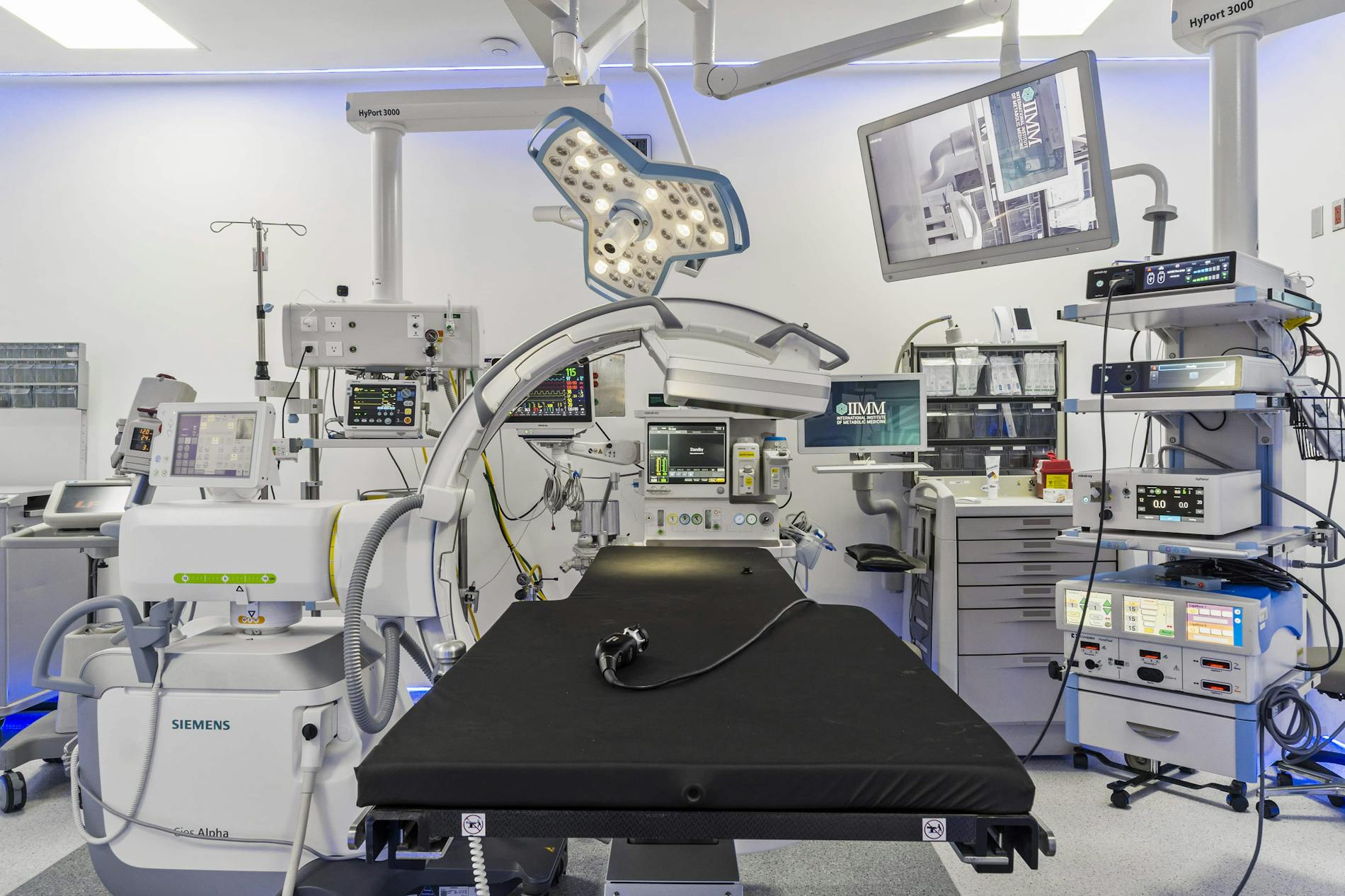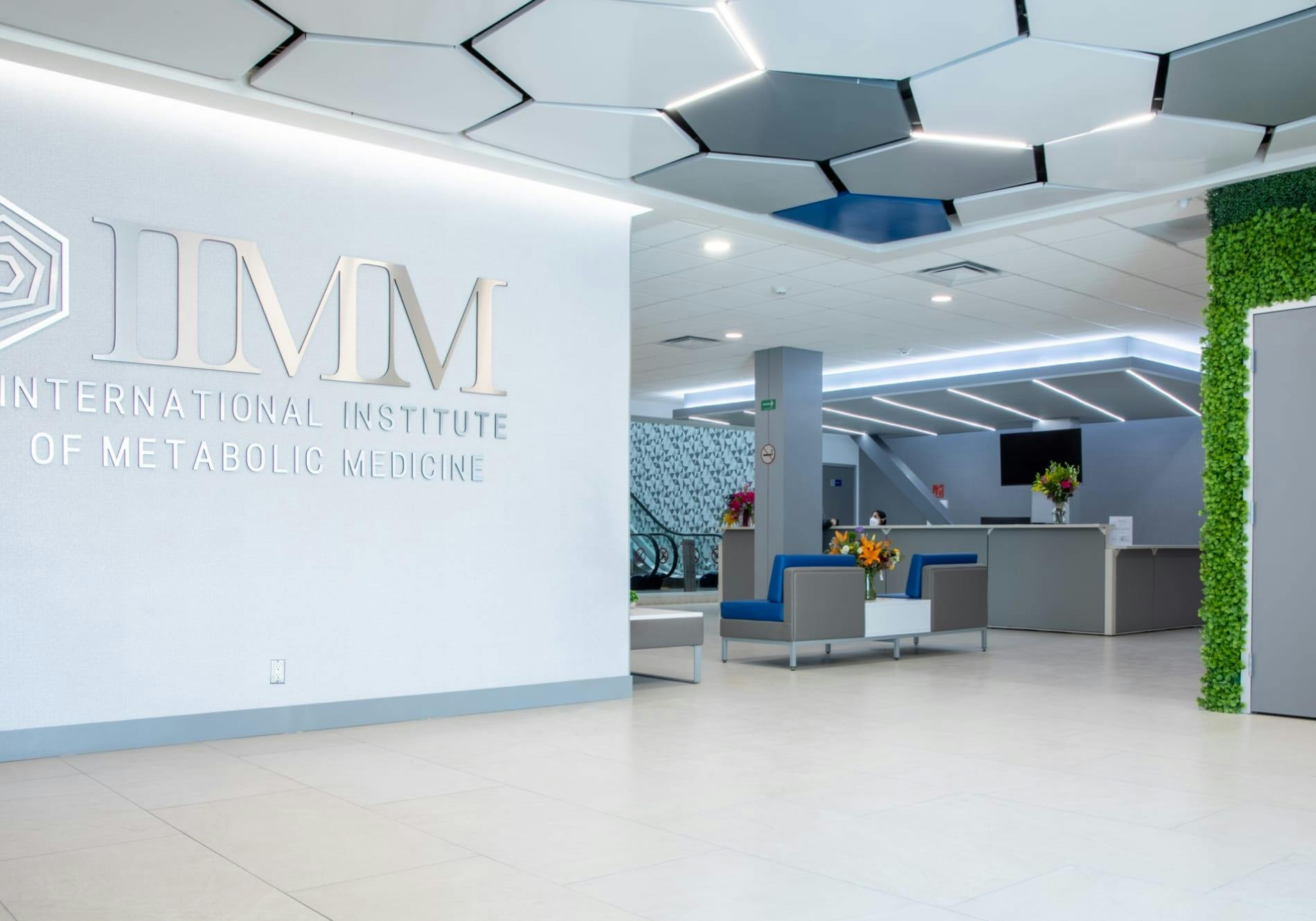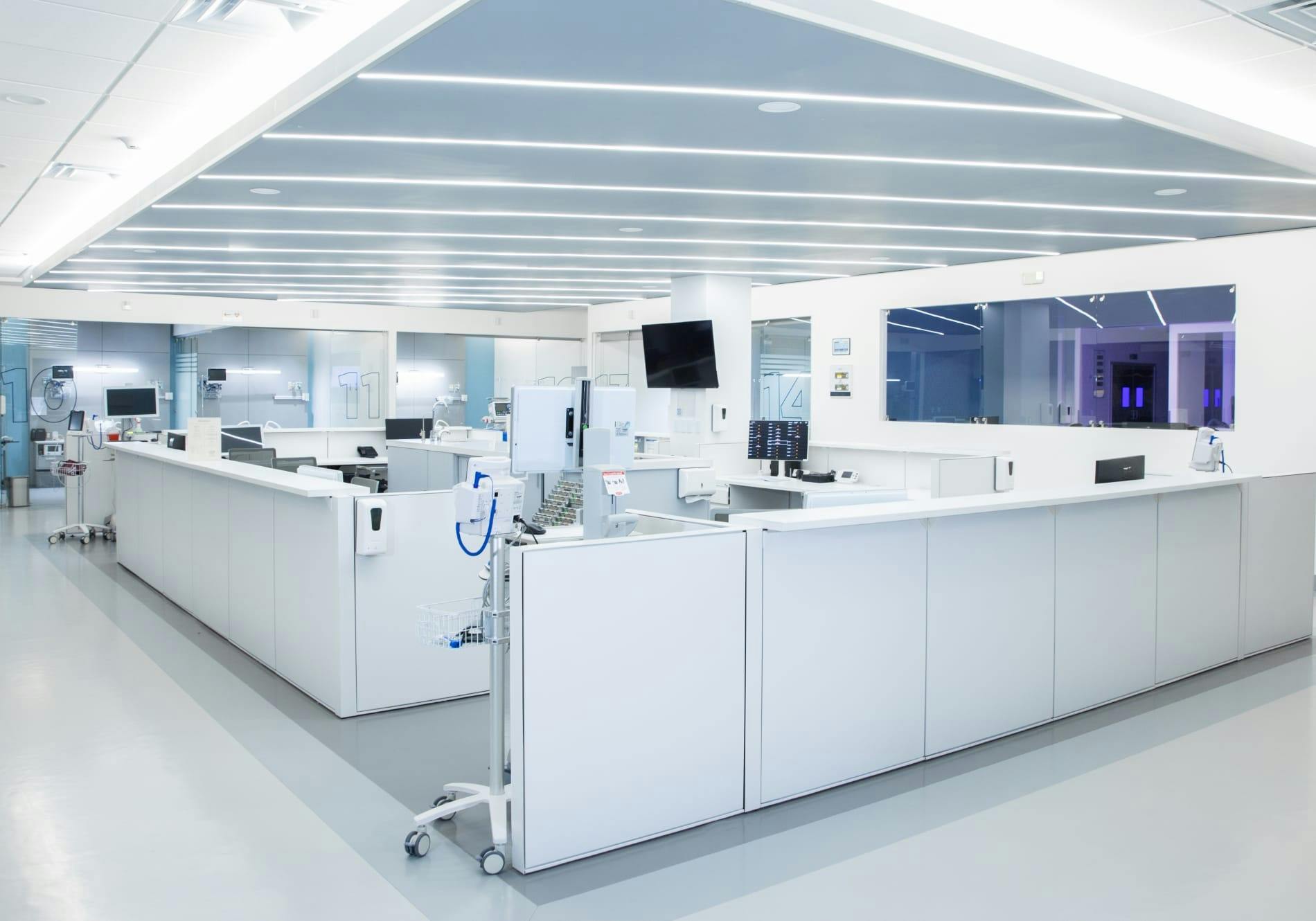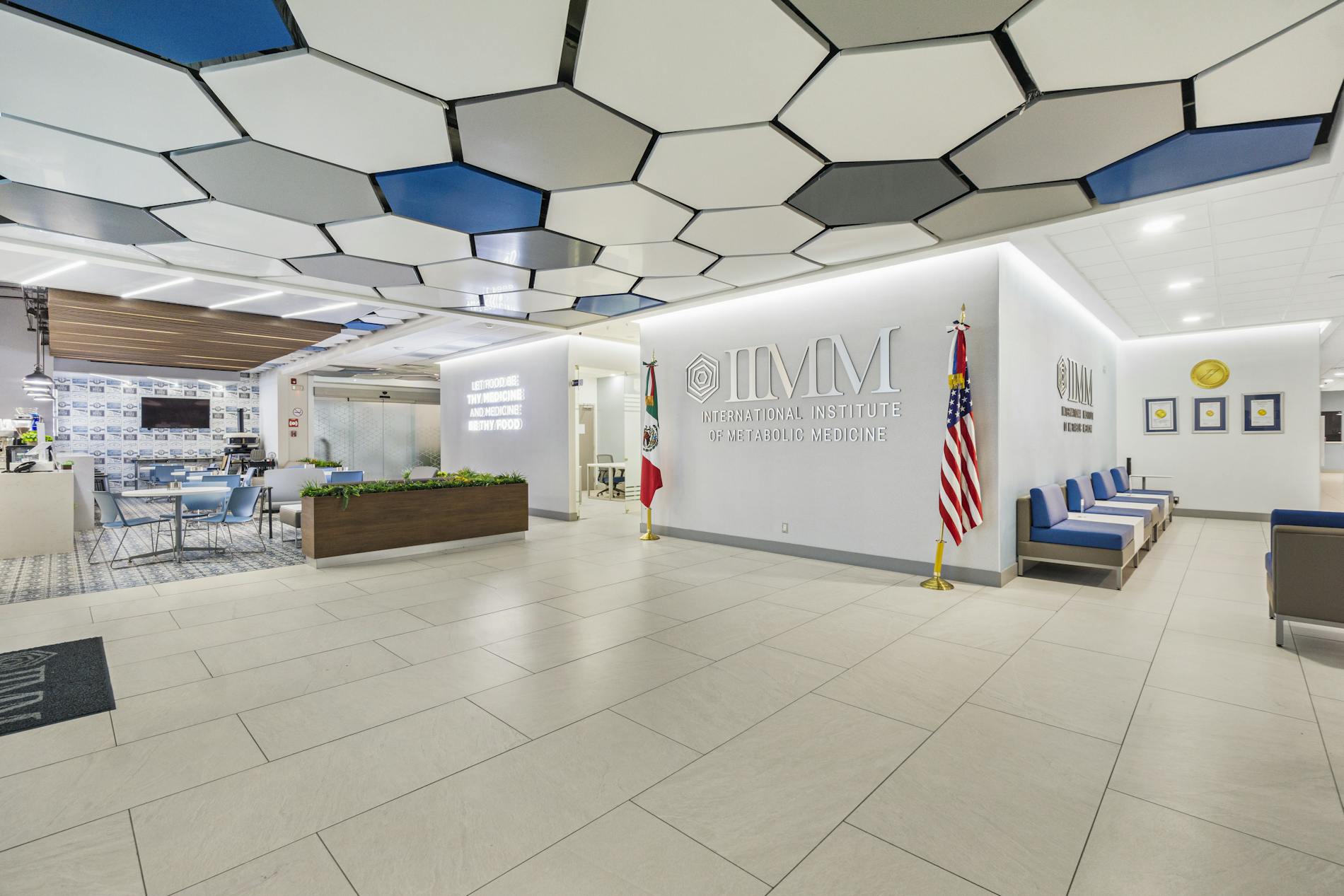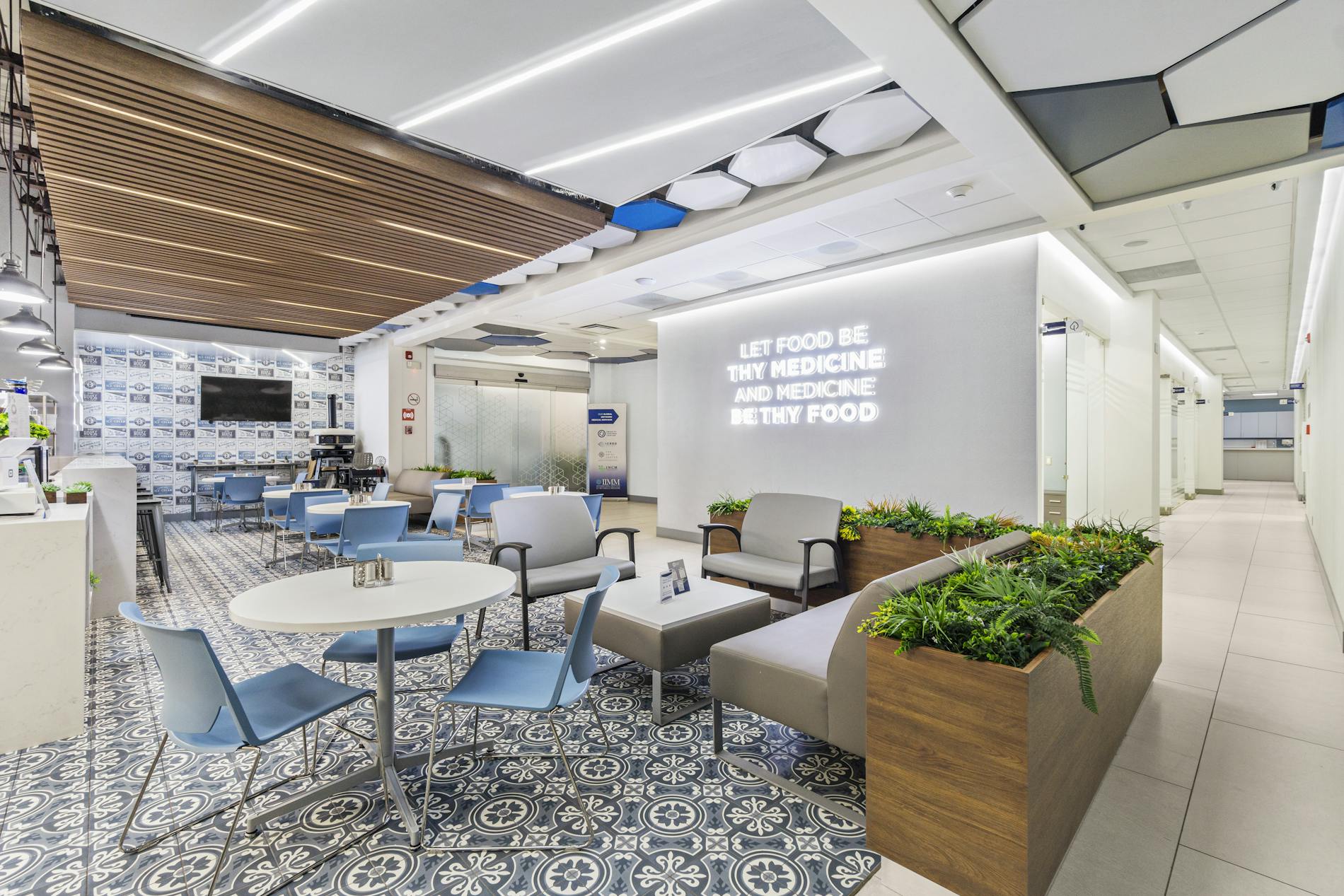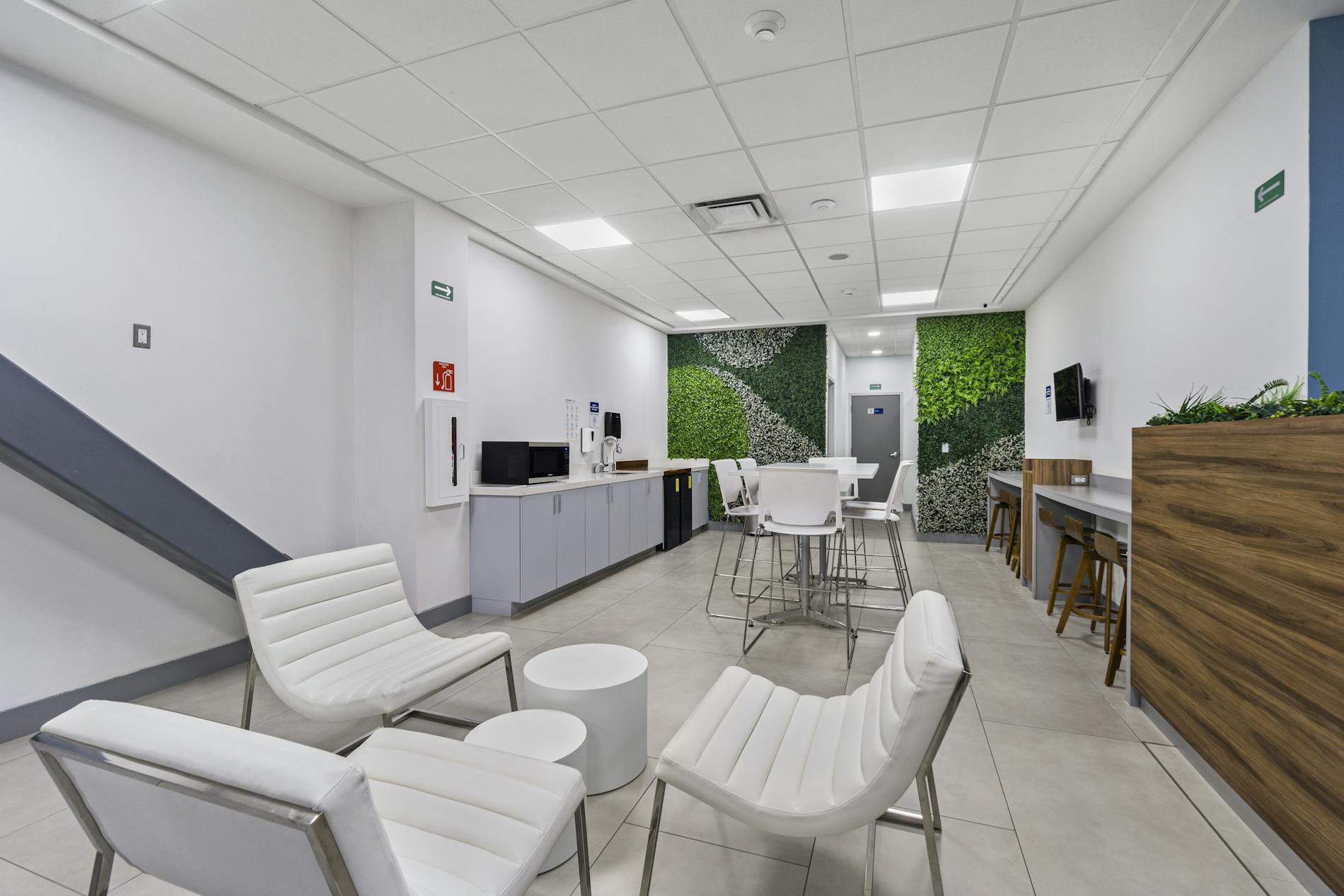The international team of surgeons and physicians at OCC are among the leading authorities on the gastric bypass in Tijuana, Mexico, having performed this surgery over many years. This bariatric surgery is often recommended for the morbidly obese and, with our exclusive Dual Long Limb (DLL) procedure, it has also cured obesity-related diabetes in many patients. 66-68
About Gastric Bypass Surgery
With extensive experience and expertise in the field, the surgeons and physicians at OCC are renowned authorities in gastric bypass procedures. This procedure is frequently recommended for individuals with severe obesity, and our exclusive Dual Long Limb (DLL) technique has shown promising results in effectively managing diabetes in eligible patients.
- Cost: Mini Bypass Surgery starting at $6,000; Full Bypass Surgery starting at $7,000
- Recovery: Patients will have lifting and activity restrictions for about about 6 weeks after surgery
- Included in Cost: Pricing covers pre-op testing, surgery, anesthesia, post-op care, transportation, medications, 5-year follow-up, and 24/7 aftercare. Airfare is not included
- Discomfort: Minimal
*Prices may vary based on individual needs. A more accurate quote will be provided during your consultation.
Gastric Bypass Before & After Images
What is the OCC difference?
With over a quarter of a century of experience and more than 26,000 patients, Obesity Control Center, located in Tijuana, MX, has proved to be a leader in safe and effective gastric bypass surgery. We are the busiest standalone center of excellence in metabolic and bariatric surgery, giving us a unique advantage. 33, 34

Laparoscopic surgery – smaller incisions, faster recovery.
Gastric bypass surgery is performed laparoscopically at the Obesity Control Center. During the procedure, a small stomach pouch is created and attached to a section of the small intestine. This allows food to bypass a portion of the small intestine, where calories and nutrients are absorbed. The smaller stomach creates a feeling of fullness more quickly, and as a result, less food is consumed. 22, 23
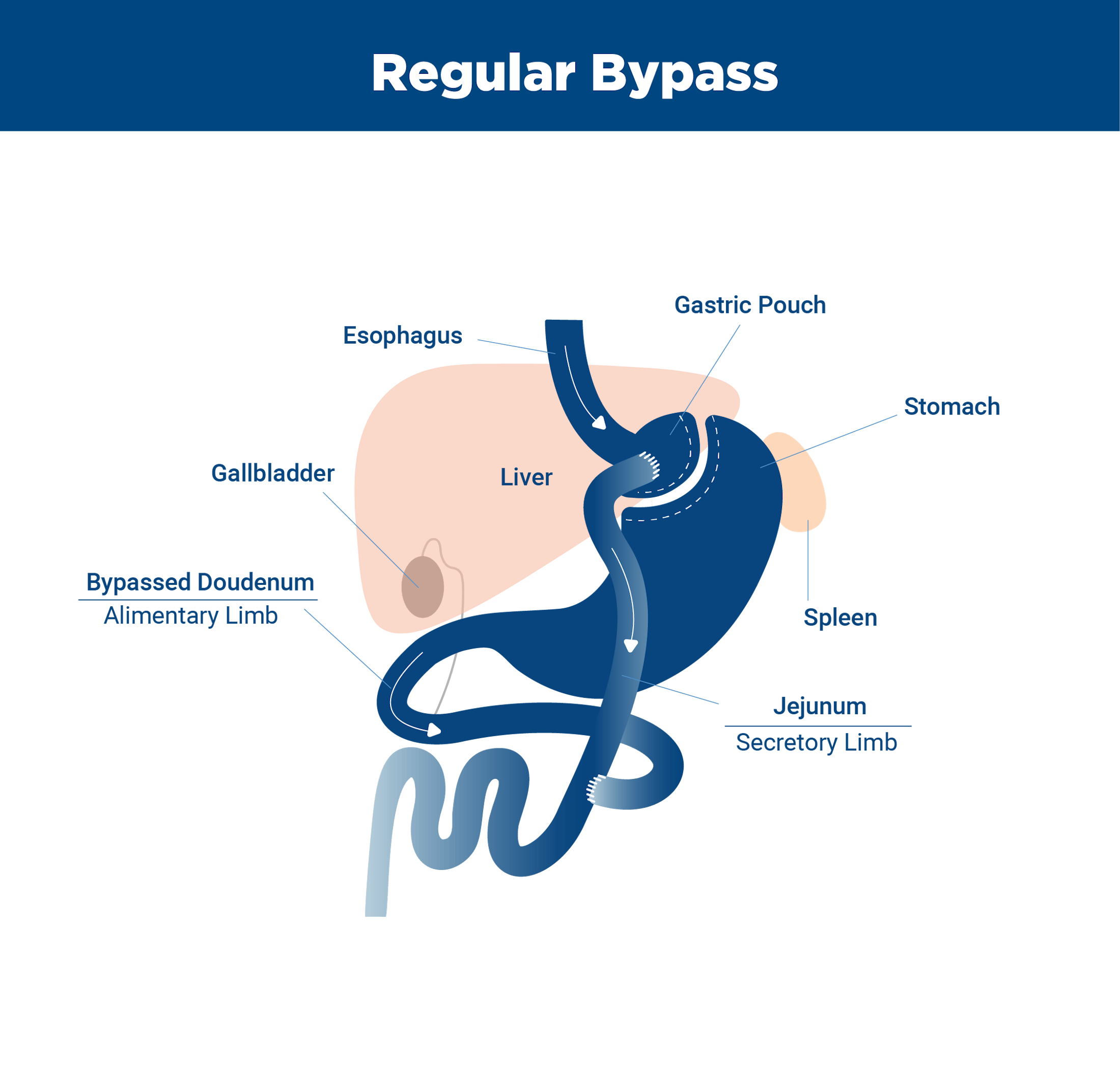
Schedule a Consultation Today
Contact Us
How is the OCC approach better?
Studies conducted on gastric bypass patients show that after one year, weight loss can average more than 75% of excess body weight. One report found that gastric bypass surgery reduced the total number of serious health problems of participating patients by 96%. 22, 23
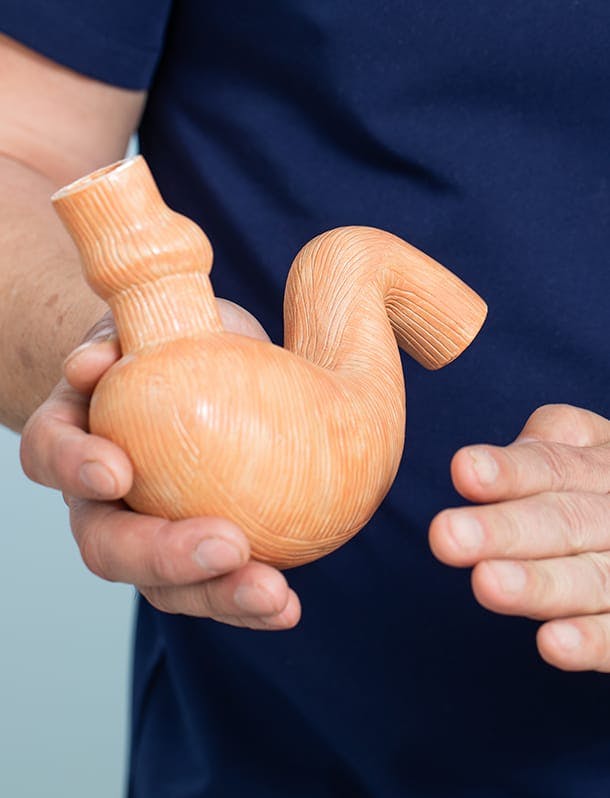
Our goal – a happier, healthier patient, for the long term.
Our goal is a happy, successful, healthier patient that refers their friends and family to OCC and shares their experience with others. There is no greater compliment than when an OCC patient referring their friends, family, or associates to us, and it happens every day. Obesity can be treated with the most advanced surgeries with improved outcomes and a shorter recovery time. 22, 23
How safe is gastric bypass surgery at our surgical center?
All surgeries pose some level of risk, but OCC’s advancements in surgical techniques and extensive experience have resulted in one of the lowest complication rates in published literature for this procedure. We attribute our low complication rate to several factors:
- No-Touch™ Technique: Our doctors not only perform gastric bypasses laparoscopically, but we minimize contact further with this proprietary technique. We ensure minimal contact between patient and instruments, create just 4-5 small incisions, block the body’s inflammatory response that causes pain and inflammation at incision sites when injured, never cut muscle fibers, and use dermal bonding glue to close.
- Safety Accreditations: We take care to maintain our high safety standards, and our efforts have earned us the Gold Seal of Approval® from Joint Commission International (JCI), designation as a Center of Excellence in Metabolic and Bariatric Surgery (COEMBS), and more.
With each successful surgery, our doctors expand their knowledge—and we’ve performed more than 26,000 at our surgical center. Our leak rate is 0%, and our patients rarely experience heartburn after their procedure. 30-32
Gastric Bypass Patient Success Stories
What sets OCC apart from the rest?
Here are some unique features only found at OCC:
- A quarter-century specialized in the weight loss surgery field. We were some of the first to perform bariatric surgical procedures.
- Three Master Bariatric Surgeons caring for every patient. You’re always in the hands of a world-renowned and highly-trained surgeon. We are the only international team of bariatric surgeons, offering globalized bariatric healthcare and the best of the best to our patients.
- We have been fully accredited by Joint Commission International for two 3-year periods. JCI partners with hospitals, clinics, academic medical centers, health systems and agencies, government ministries, academia, and international advocates in over 100 countries to promote the strictest and highest standards of care.
- Fully accredited as an SRC Center of Excellence in Bariatric and Metabolic Surgery. Read more about our safety record.
- Pioneers in the field, including several registered techniques, patented devices, and many “firsts” in the field like teenage obesity treatments, the IGS Improved Gastric Sleeve®
- Stomach Sparing Gastric Sleeve, the Double-Buttress Sewing Technique and more.
Faster recovery and better outcomes. Shorter times under anesthesia and a less-invasive abdominal wall preservation techniques. - Unique patient pre-surgery education and preparation and 5 years follow-up program, an industry first!
Bariatric Surgery FAQ Videos
Pre-surgery FAQS
How do I prepare for gastric surgery?
How does pre-op weight loss help?
How do you manage nutritional deficiencies?
What is an ideal candidate for gastric bypass surgery?
Gastric sleeve vs. gastric bypass
Does OCC perform less invasive weight loss surgeries?
Why is gastric surgery called “metabolic surgery”?
How does gastric surgery enhance metabolic function?
How do I prepare for gastric surgery?
Like in life, mental, physical, and emotional preparation is essential for a successful outcome. Additional requirements may be suggested depending on your specific case. 35-37
How does pre-op weight loss help?
Pre-operative weight loss will detox your liver, making it lighter, and resulting in a quicker, safer weight loss procedure with less impact on your overall status. Even 5% of total body weight loss will result in a dramatic improvement in your ability to respond to surgical stress. 35-37
How do you manage nutritional deficiencies?
Nourishment at a cellular level will require you to compensate for the deficiencies you have accumulated over the years and the deficiencies expected after weight loss surgery. Research has proven that the only way to replenish these deficiencies is through bariatric supplementation.
This means that a bariatric multivitamin and a bariatric protein source prior to the gastric bypass will enormously increase your safety profile and a successful outcome. Mental preparation includes looking at the way we relate to food and being proactive about a healthier diet and lifestyle. 35-37
What is an ideal candidate for gastric bypass surgery?
An ideal candidate for gastric bypass surgery in Tijuana, Mexico at OCC is mentally, physically, and nutritionally prepared for this life-changing procedure. If you’re overweight and above a 30 BMI or 30% body fat, you are definitely a candidate. 1-3
Gastric sleeve vs. gastric bypass
The gastric sleeve and gastric bypass are different procedures and work differently. They both have their pros and cons, and this question is the one you will want to discuss with the surgeon doing the procedure. 1-3
Does OCC perform less invasive weight loss surgeries?
We really like the least invasive procedure that can get you the best results. This is why we always recommend a sleeve before the bypass. You can always move up to a bypass from a sleeve but not the other way around. 1-3
Why is gastric surgery called “metabolic surgery”?
In the fight against obesity and excess weight, the only proven method that outlasts common methods is bariatric surgery. Recent advances in the field have proven that these weight loss surgeries not only dramatically influence the excess weight a patient carries, but it also balances out the metabolism of an individual, especially the insulin and blood sugar levels. This is the reason that weight loss surgery is often called “metabolic surgery. 19-21”
How does gastric surgery enhance metabolic function?
It is not completely understood how exactly surgery regulates insulin, blood sugar, diabetes, cholesterol, lipids, and sleep disorder (sleep apnea), but it is a fact that it has a direct impact and has cured these life-threatening diseases many times. 19-21
Gastric surgery safety FAQS
Gastric surgery in Mexico, really?
How safe is gastric bypass surgery?
What is the mortality rate for gastric bypass surgery?
What about gastric bypass complications?
What is the OCC complication rate?
What are the side effects to expect after surgery?
Is gastric bypass surgery painful?
Will I regain weight?
How is the OCC surgical approach different?
Will I have “gas pressure pains?”
Gastric surgery in Mexico, really?
At OCC, we have over 26,000 patients that have traveled to our center with no major security incidents to report. We are at the heart of the commercial district, less than half a mile away from the international border to the U.S.A. Tijuana is now the second busiest medical destination for the traveling patient. At OCC, we are glad to be an essential part of this great reputation. 53-55
How safe is gastric bypass surgery?
OCC’s complication rate is one of the lowest in the published literature, beating out most Canadian and American surgeons. 22, 23
What is the mortality rate for gastric bypass surgery?
We can say very proudly that our mortality rate is 0.0% percent. We value health and wellbeing and will never perform a procedure on someone who is either not well prepared medically or has a risk higher than acceptable. 22, 23
What about gastric bypass complications?
Like any surgical procedure, complications can happen like leaks, bleeding, hernias, and chronic heartburn. At OCC, we have your back, with over 23,000 procedures, we have streamlined not just the technique, but the entire process of weight loss surgery. So, preparation is key to a successful outcome, and we will be holding your hand all the way. 22, 23
What is the OCC complication rate?
Our complication rate is one of the lowest published in the literature. In fact, our leak rate is 0%, and with the implementation of the new techniques designed at OCC, our patients are experiencing substantial and permanent weight loss without the undesirable symptom of heartburn. 77
What are the side effects to expect after surgery?
There are symptoms after having any type of surgery that are related to anesthesia (sleepiness, dizziness, nausea, etc.) and others directly associated with the gastric sleeve itself (cramping, abdominal tenderness, vomiting). Fortunately, these are kept to a minimum and medically treated early so most patients can be up on their feet in a couple of hours and discharged the morning after. ` are out shopping the day after surgery! 69
Is gastric bypass surgery painful?
The Obesity Control Center® performs all gastric procedures laparoscopically, which is minimally invasive. Laparoscopic surgery usually results in a shorter hospital stay, faster recovery, smaller scars, and less pain than open procedures. 22, 23
Will I regain weight?
It is common in any type of weight loss surgery to re-gain weight. The trick is to perform a procedure that limits the amount of weight that can be regained. This is done by design. At OCC, our procedures are performed to be safe and effective, preferably permanent weight loss. Weight loss has to do with a structured bariatric program, it’s not just another surgery! 19-21
How is the OCC surgical approach different?
Our process at OCC includes a gentle but short procedure that results in a quick recovery. The OCC difference includes specialized pencil-thin instruments and bladeless abdominal wall trocars. We use localized abdominal wall blocking agents that diminish the cascade of mediators that cause pain and inflammation. 70
Will I have “gas pressure pains?”
We use half the amount of gas pressure, where others use 20mm/hg, we use 10 to 12mm/hg. This results in less of the dreaded “gas pressure pains” associated with laparoscopic surgery. Our operating time is a fraction of the typical time reported in the literature. We’re in no hurry, we have simply streamlined the process. Less time under anesthesia means quicker recovery times.
Post-Surgery FAQS
Can you have a normal life after surgery?
How long will I take to recover?
What happens if I overeat?
How much weight should I expect to lose?
What do you eat after gastric surgery?
Can you drink alcohol after gastric bypass?
How much can your stomach hold after gastric bypass?
How long does it take for your stomach to heal after gastric bypass?
Can you have a normal life after surgery?
Most patients require several months to adapt to the procedure. This is usually predictable so our nutritionist will always prescribe a nutritional regimen that is easy to follow and will allow the patient to gradually move up to the following stage. First, you start with a totally liquid diet for a few days, moving on to liquids including the Bariatric Protein Meals, then you slowly move into mushy food, and finally, a normal diet. 42, 43
How long will I take to recover?
Daily activities and exercise should also progress at the same rate, but the surprising fact is that most patients recover much quicker than they thought; in fact, energy levels are usually higher than expected when the nutrition plan includes the Bariatric Multivitamin and Bariatric Protein Shakes recommended by our team of experts. 42, 43
What happens if I overeat?
The only thing you can’t do after surgery is overeating without having severe discomfort, nausea, even vomiting. Ideally, most patients will return to three normal meals a day and three snacks between meals. 42, 43
How much weight should I expect to lose?
Studies conducted on gastric bypass patients show that, after one year, weight loss can average more than 75% of excess body weight. One report found that gastric bypass surgery reduced the total number of serious health problems of participating patients by 96%. 42, 43
What do you eat after gastric surgery?
It starts with liquids during the first few days then gradually progresses to mushy food, then semi-solids to full solids. All this happens during the first couple of months. The good news is massive weight loss occurs during this time and all the health indicators dramatically get better during this period. 42, 43
Can you drink alcohol after gastric bypass?
Like any surgery, there is a recovery time, and our nutrition team recommends not drinking for the first trimester. (Although a glass of wine has benefits!) 42, 43
How much can your stomach hold after gastric bypass?
Patients will notice once they are past the liquid phase and eating full solids that the restriction level will result in around a third of the original meal volume. Eating a third of your typical meal will definitely induce weight loss and better overall health. 42, 43
How long does it take for your stomach to heal after gastric bypass?
Recent studies show that the inner lining of the stomach can start healing in as little as 6 hours! It is important to follow all the guidelines that we give our patients prior to surgery which results in an uneventful recovery and a good outcome. 42, 43
Schedule your gastric bypass procedure today.
Call or email us here to start your weight loss journey. Contact our Personal Concierge Team and learn how you can get the life you’ve always wanted with the help of the Obesity Control Center in Tijuana, MX.
References
Click here to see how OCC compares to other facilities in terms of surgical rates, infection rates, mortality rates, and more.

